5 Bad Driving Habits That Can Damage Your Car
27 February, 2020
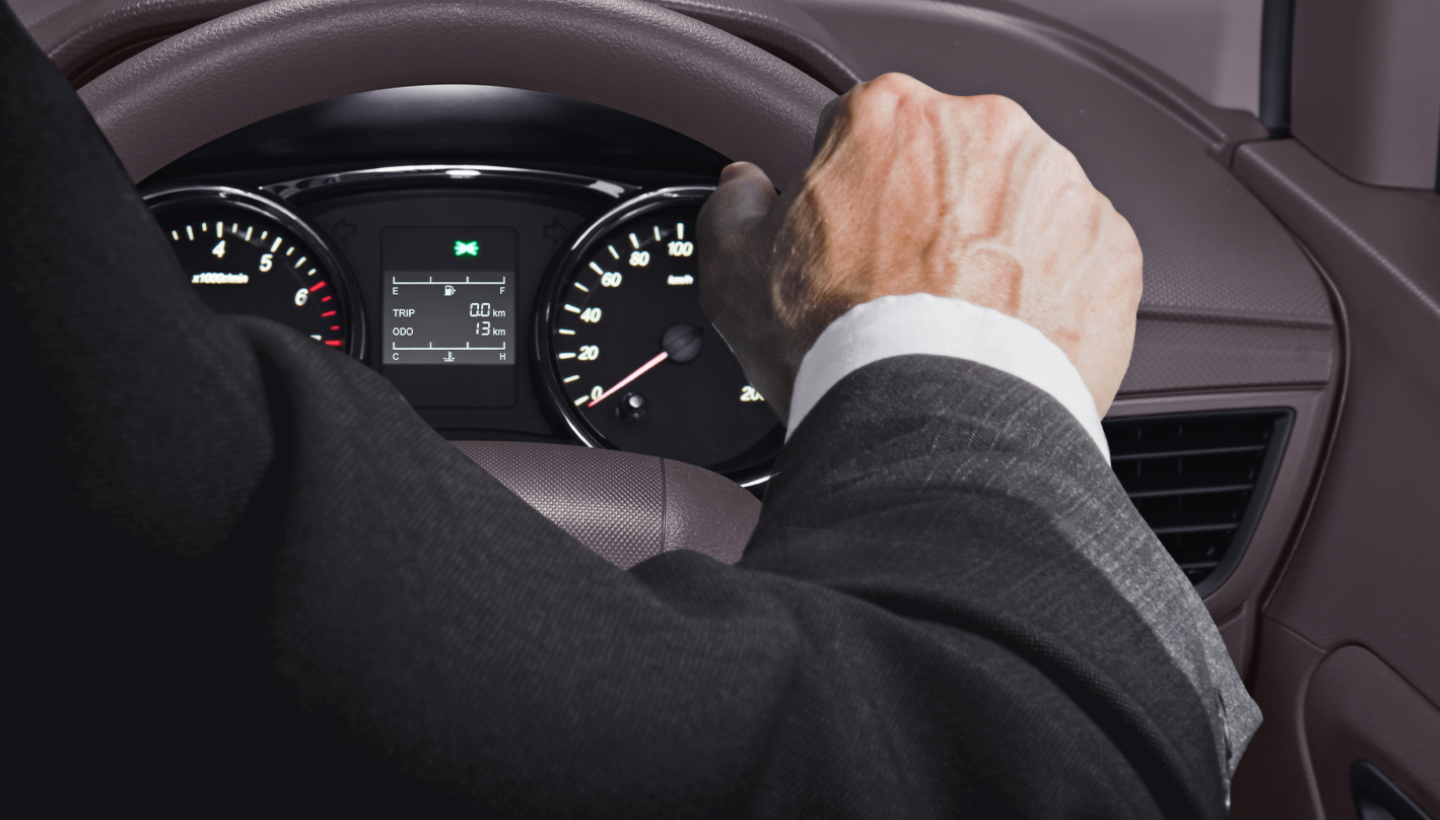
Driving can drain your energy and mind. Despite this, however, as a driver, you have the responsibility to stay focused and pay attention to everyone’s safety around you.
Reckless driving can harm, not only you and your car but also other road users. Moreover, you are also at risk of getting ticketed or even having your driving license revoked. To avoid this kind of situation, you may want to check some bad driving habits that can damage your car.
Braking Suddenly
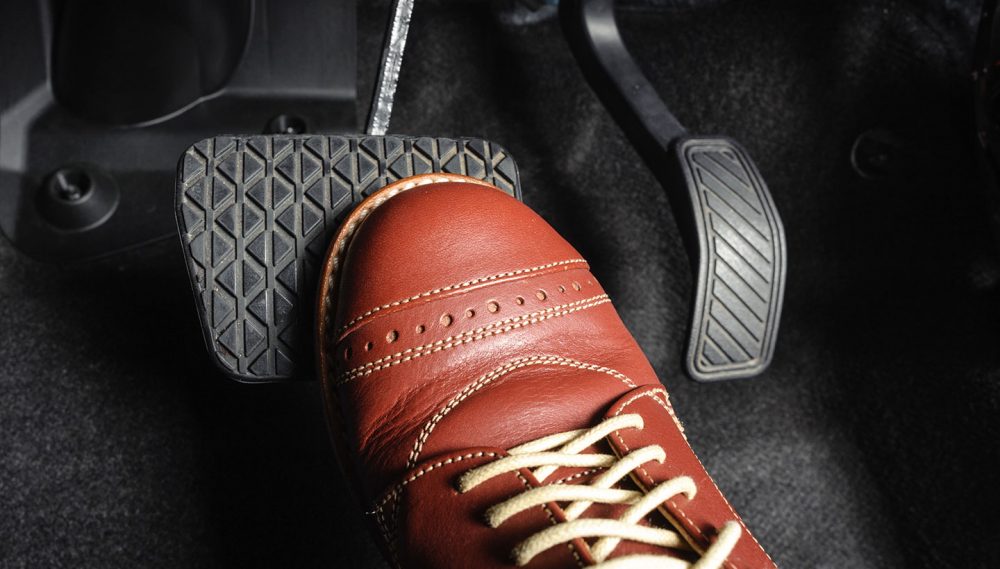
The habit of sudden braking to avoid collision with a car in front of you can cause your car to slip. Not to mention that it can also risk you getting hit by another vehicle from behind. If braking has often done suddenly, this means you are forcing the tires and brakes of the car to work harder, again and again, hence making them wear out quicker. As for the consequence, you have to spend more money to replace the tires and brakes sooner than their real lifespan.
Passing On Holes and Speed Bumps
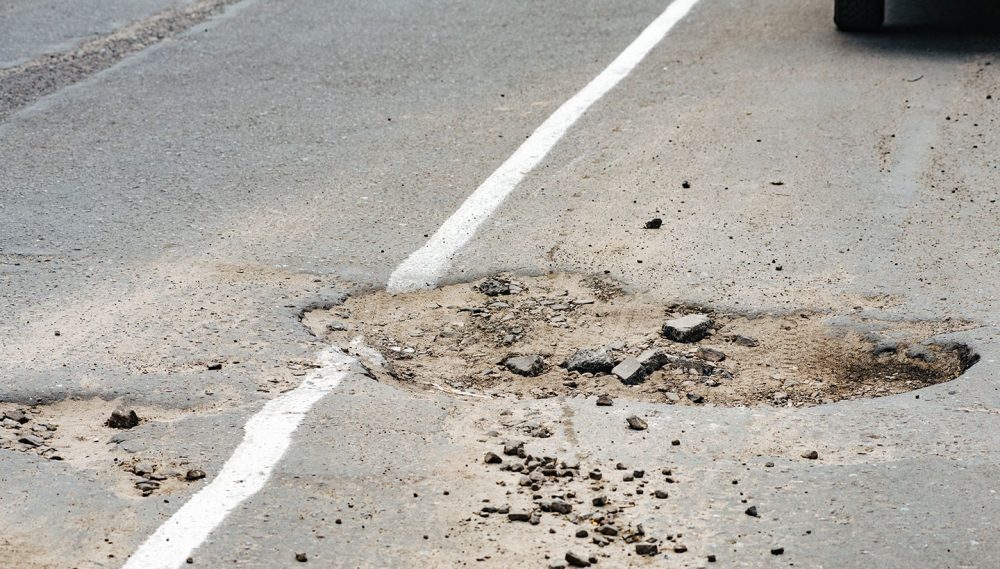
A study found that one-third of cars could be damaged because they often passed through the holes at high-speed. It is strongly advised to avoid potholes as much as possible during driving. Frequently passing through the holes can damage the car’s tires and their balance. This is also the case with speed bumps and bumpy roads. Passing through the bumpy roads without decreasing speed can potentially damage the front and back tires, the bottom side of the car, as well as the muffler.
Also read: Nighttime Driving Safety Tips
Switching Gears From ‘D’ To ‘R’ Before The Car Stops
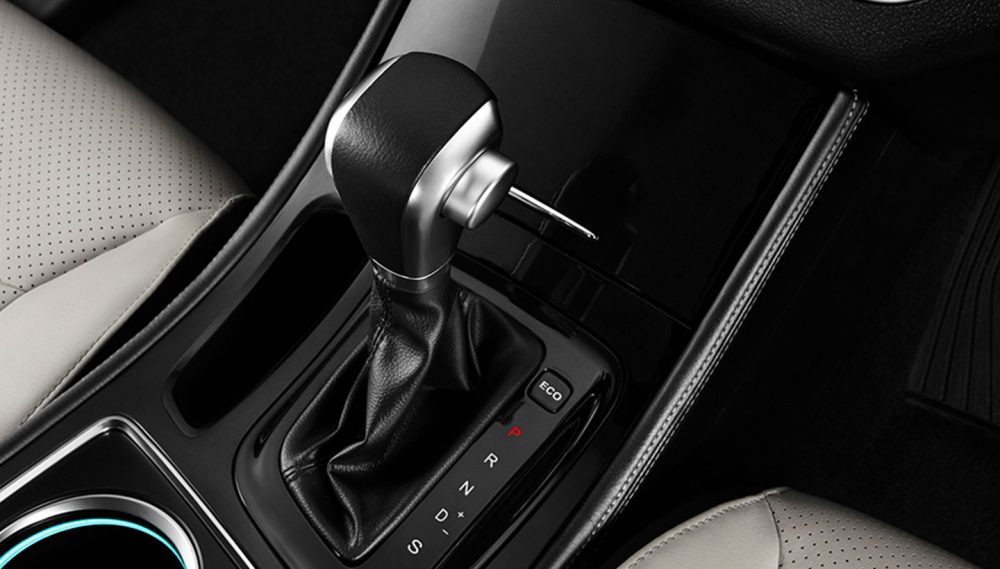
Switching gears from ‘D’ to ‘R’, or vice versa, before the car completely stops can damage the automatic car transmission. The transmission will wear out quicker, thus just prepare yourself to spend money to get it fixed. The same case can also happen to manual cars. Therefore, it is best to make sure that the car completely stopped before switching your gear.
Overloading The Car Trunk
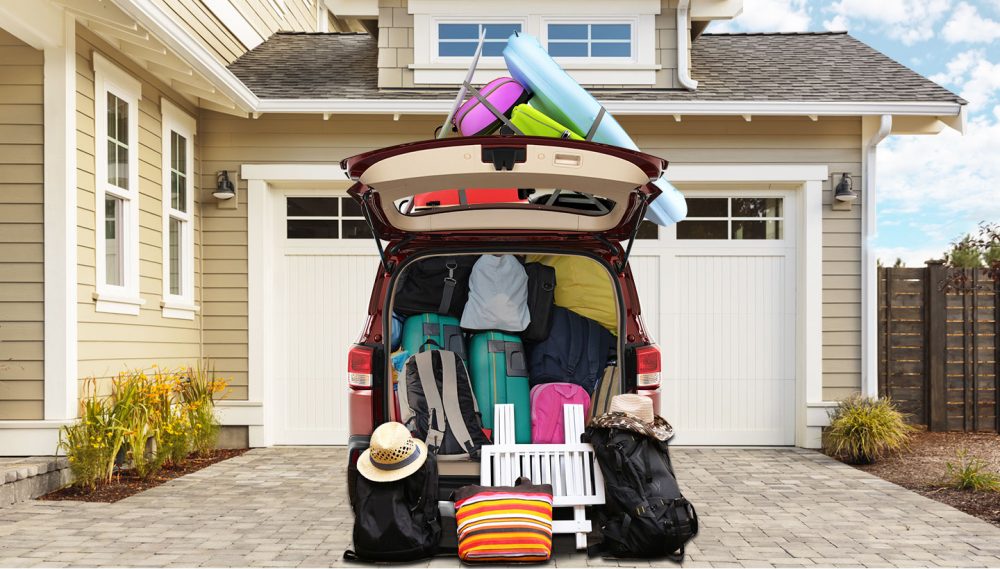
These days cars have been designed to be able to carry heavyweights. However, it does not mean you can carry excessive loads. Manufacturers usually state the maximum load that can be carried along in a car. Therefore, you can estimate just how many items you can carry along with you during your trip.
The more loads you carry, the more pressure you add to the brakes, suspension, and the engine. Moreover, overloading the boot can waste more petrol than it should be, and, afterward, lead to more emissions.
Rarely Maintaining The Car
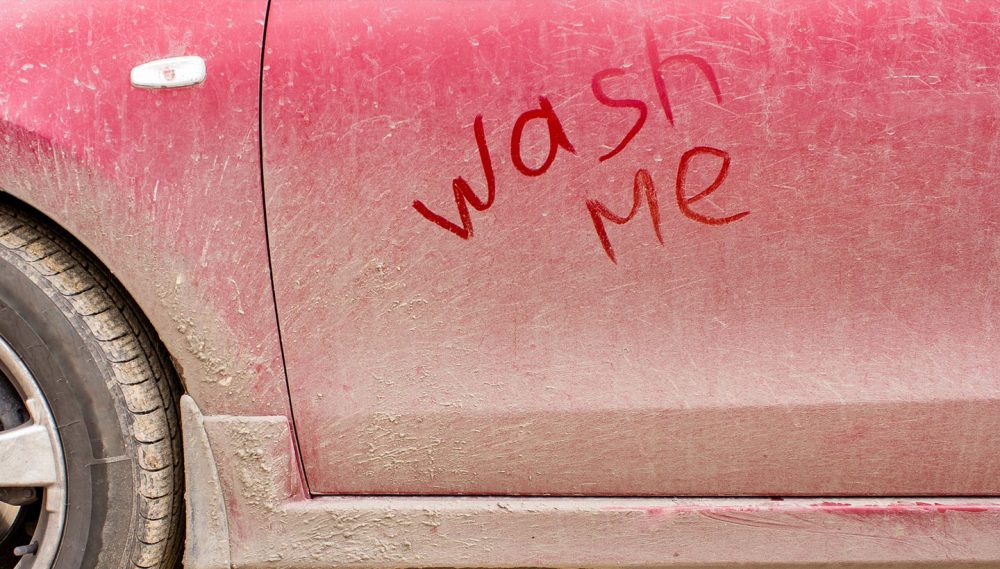
Just like humans, cars also need to be taken care of. When a car is damaged, usually it will show some red flag signs to the driver. By doing maintenance regularly, this can prevent an occurrence of damage. At the very least, it can extend the life of the components in your car.
Tires, for instance, must be checked regularly regarding their shape and pressure. As tires are an important part of a car that has direct contact with roads, tires that show wear signs should be replaced immediately. Tire pressure must also be checked and maintained based on the recommendation from the manufacturer to avoid tire breaking on the road.



